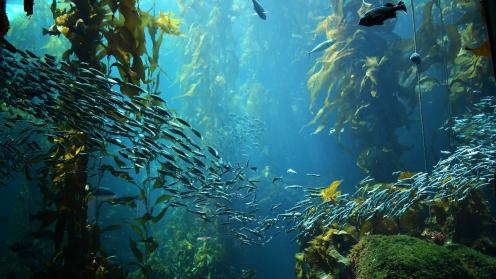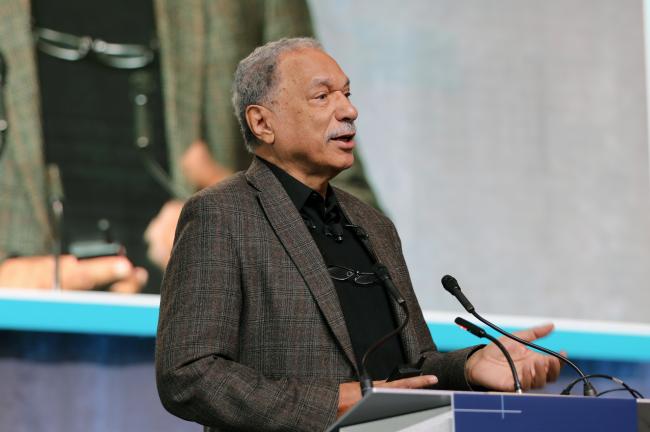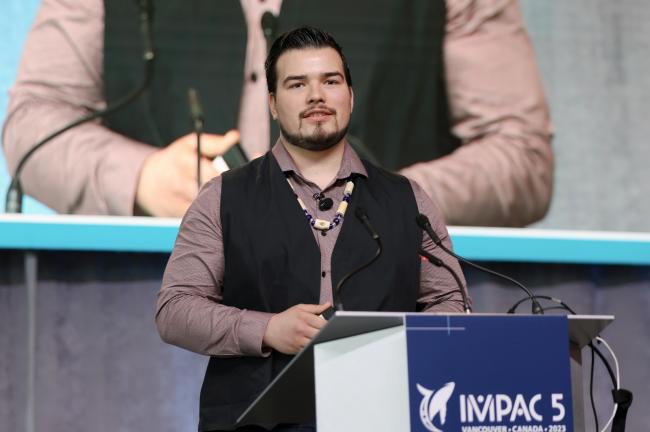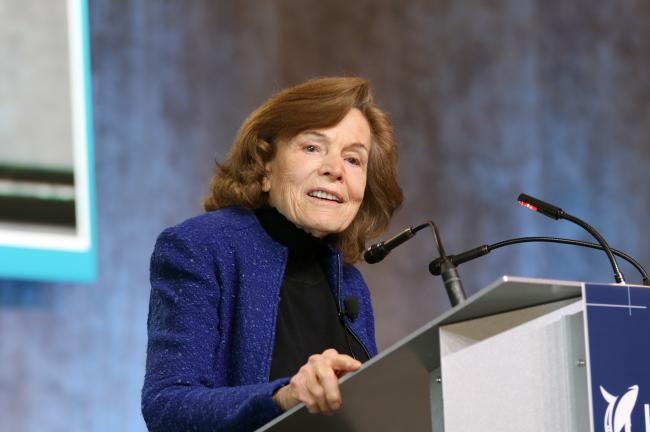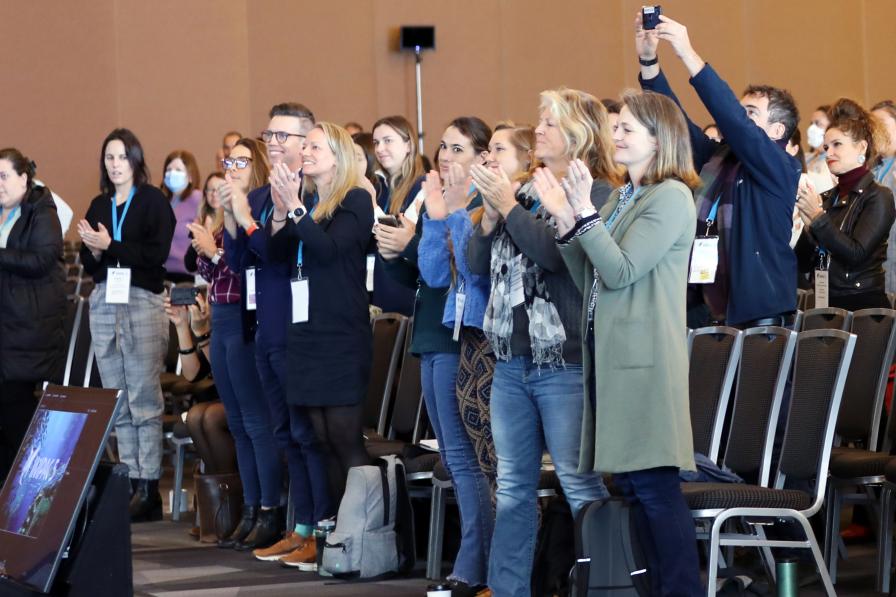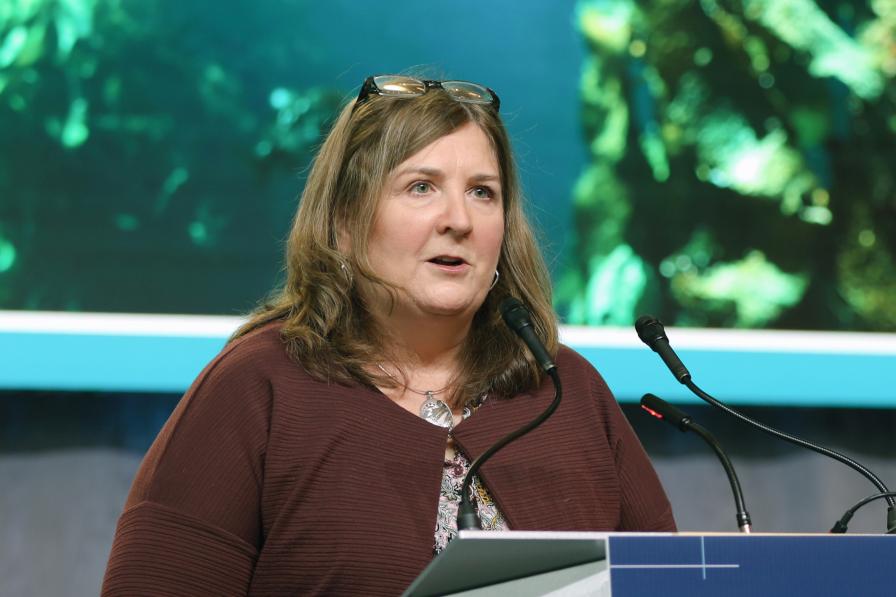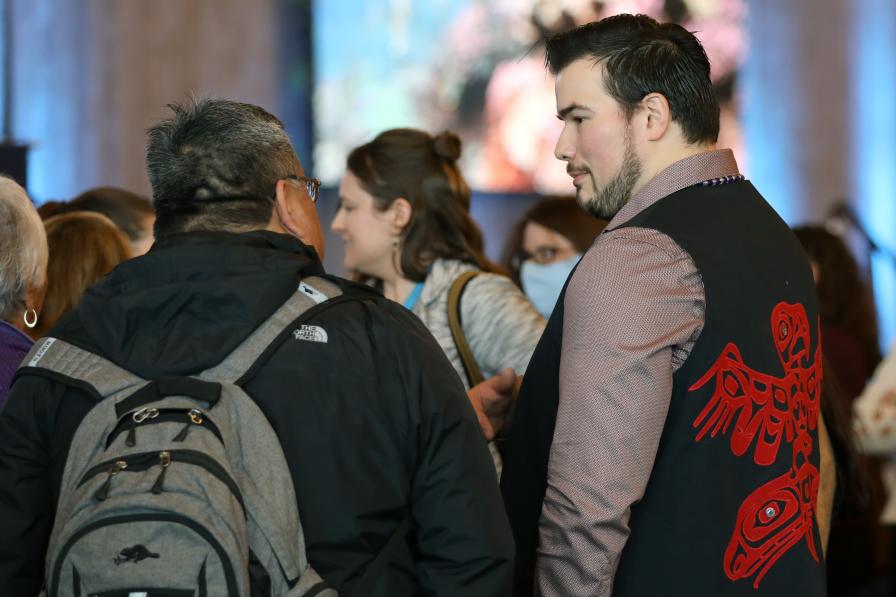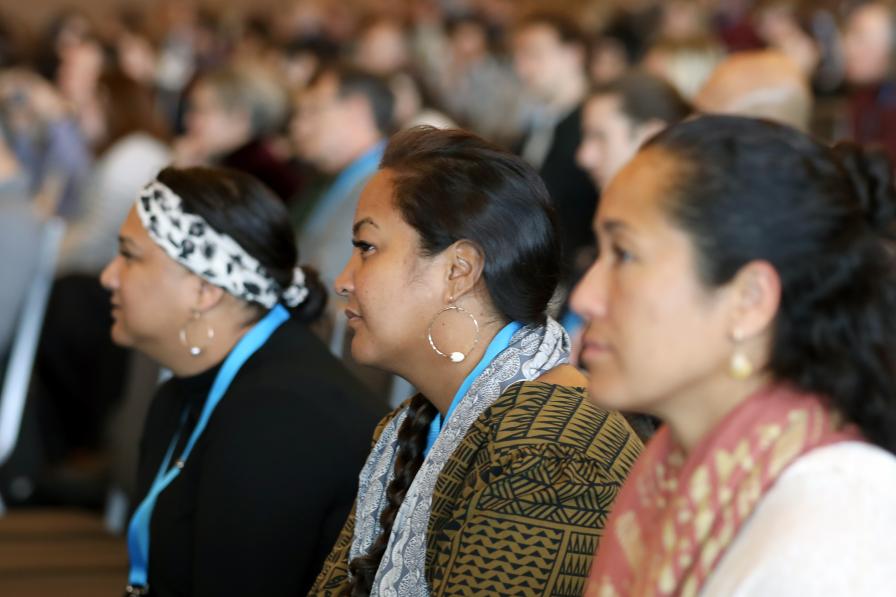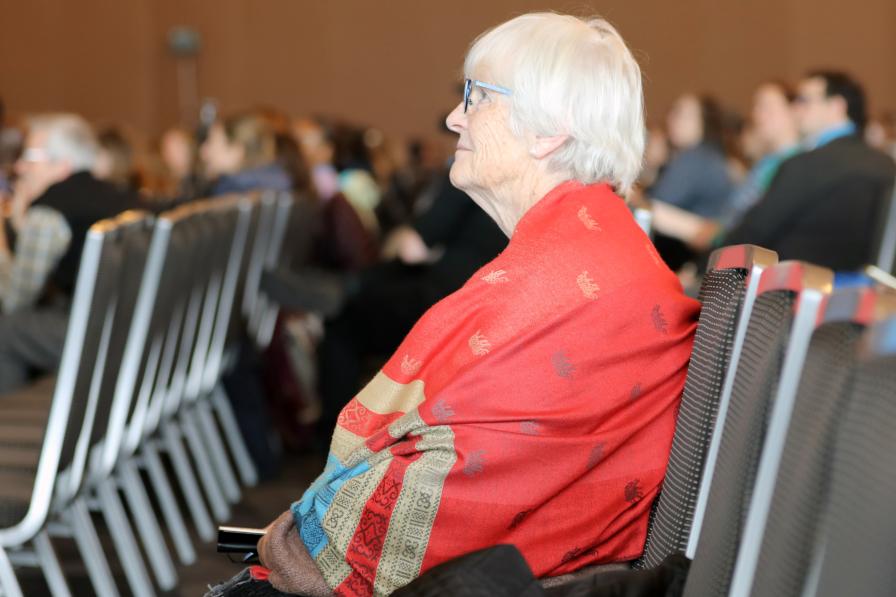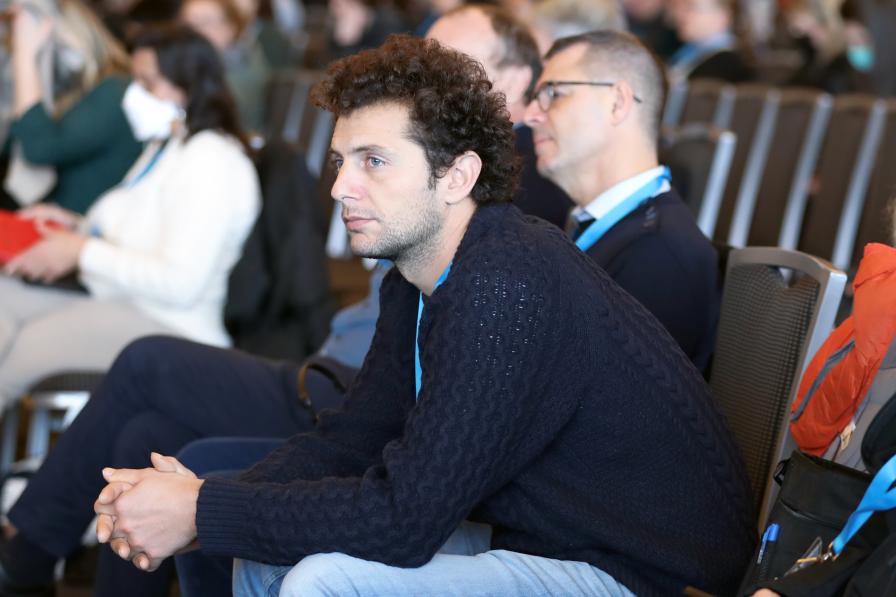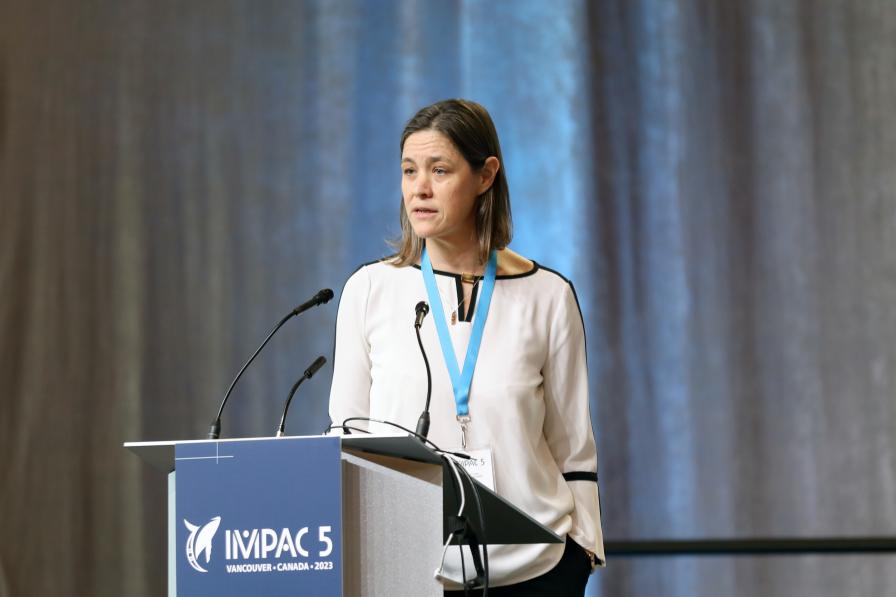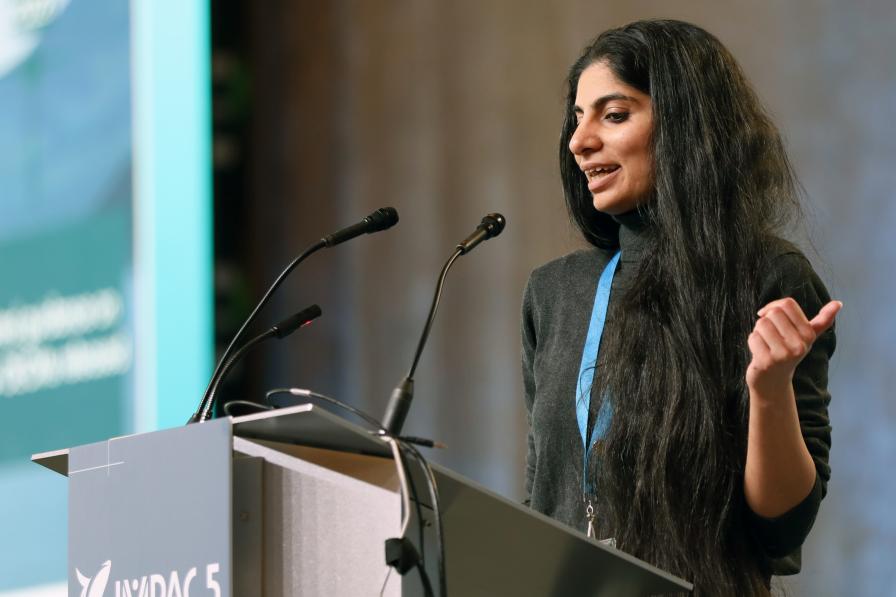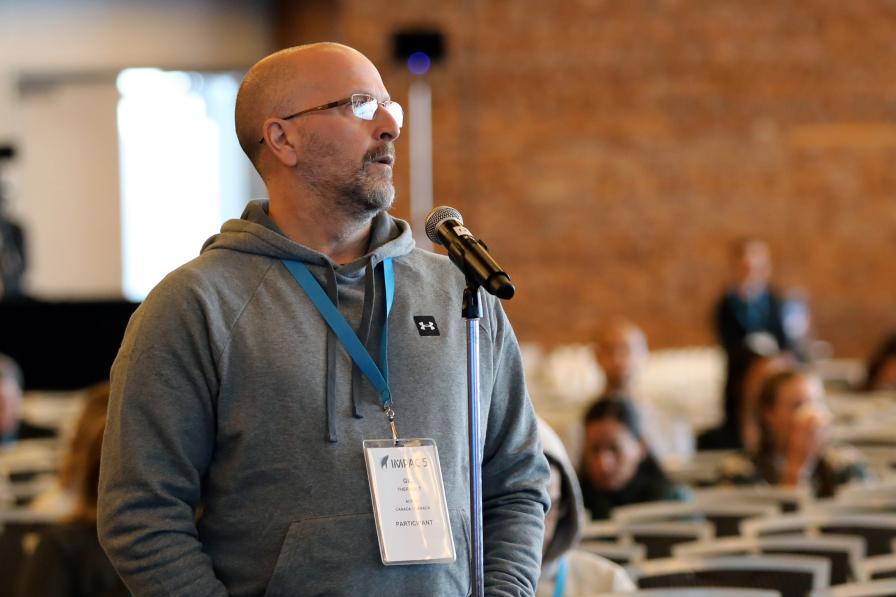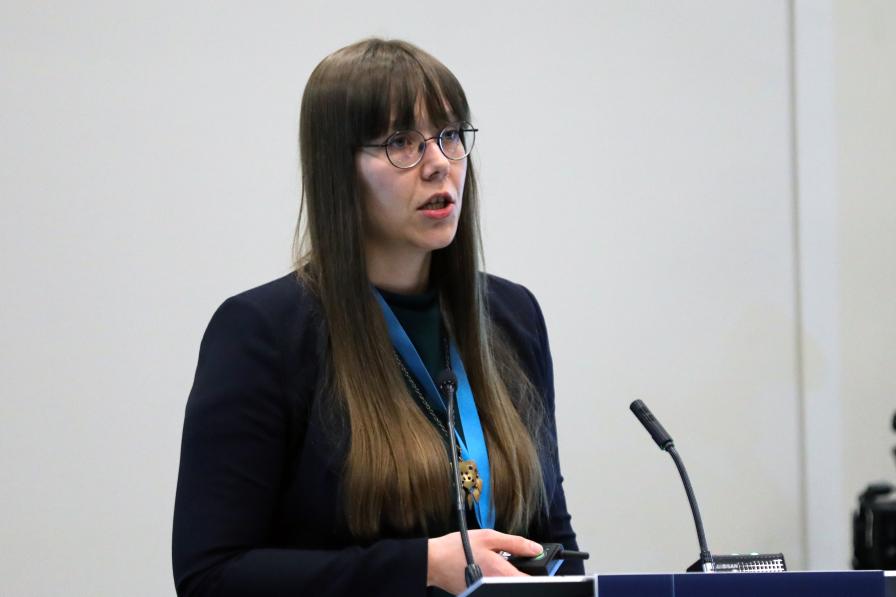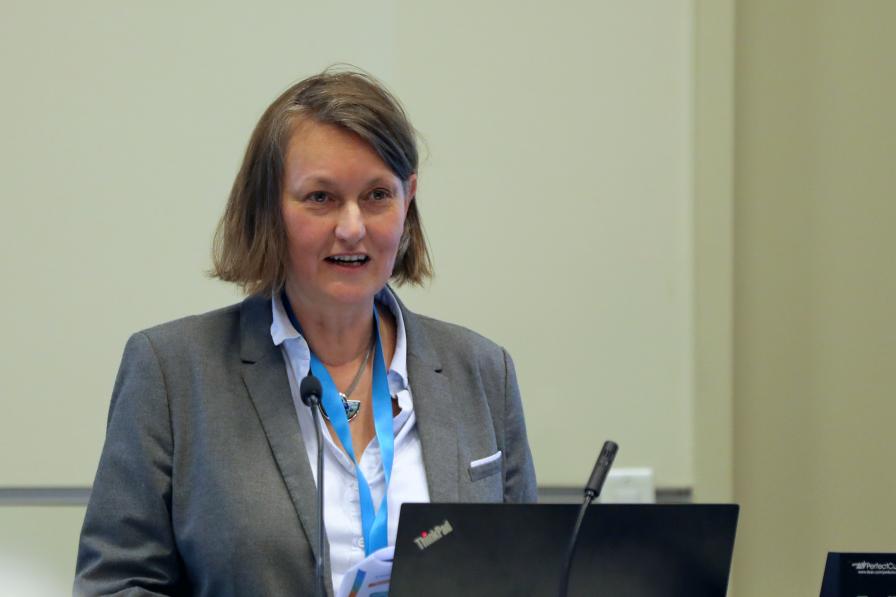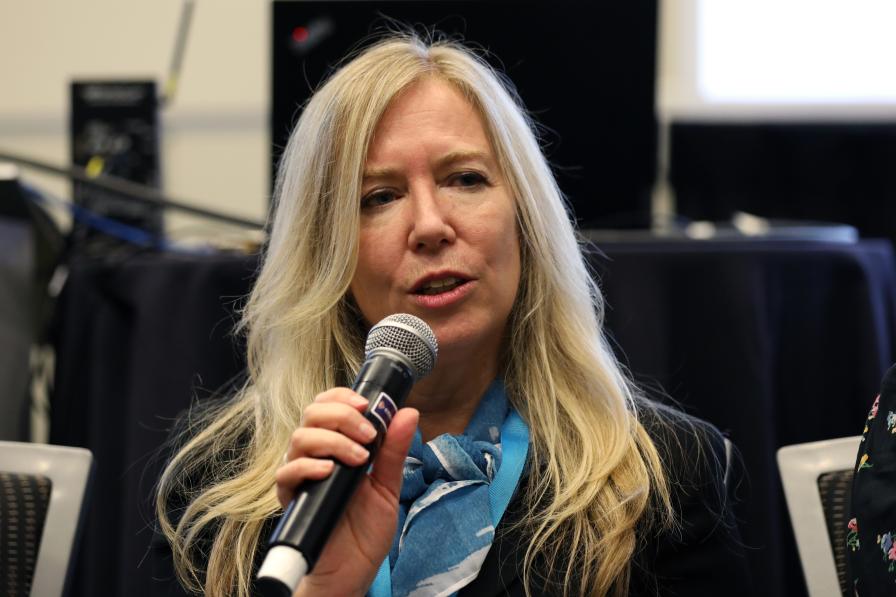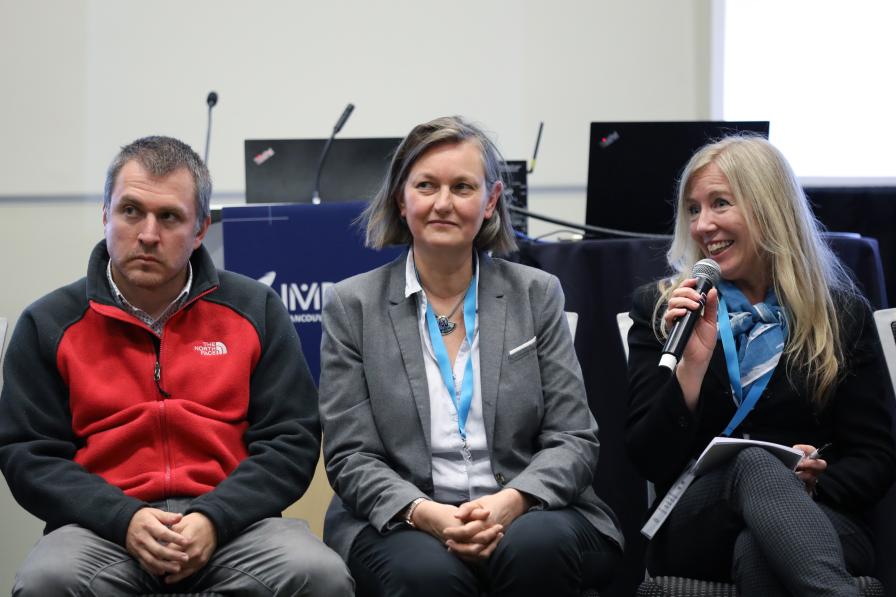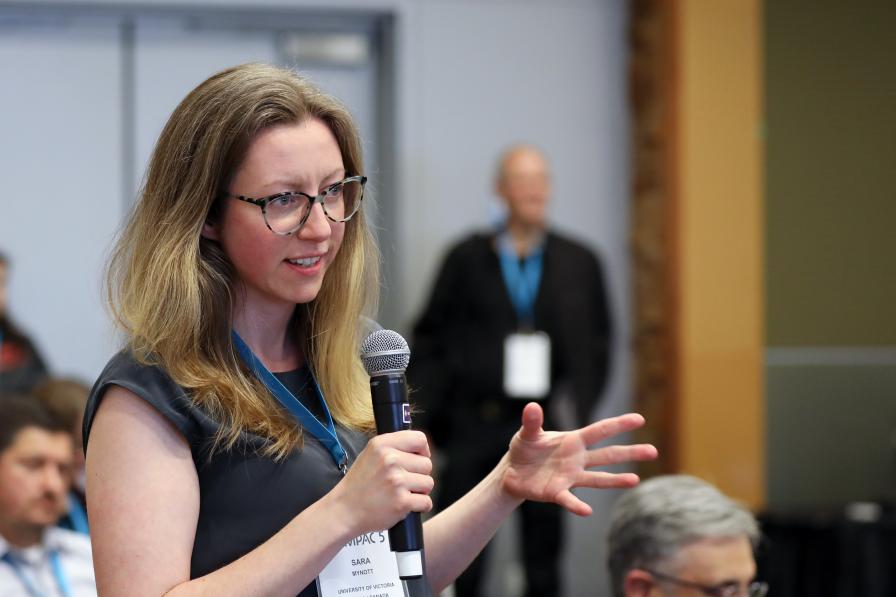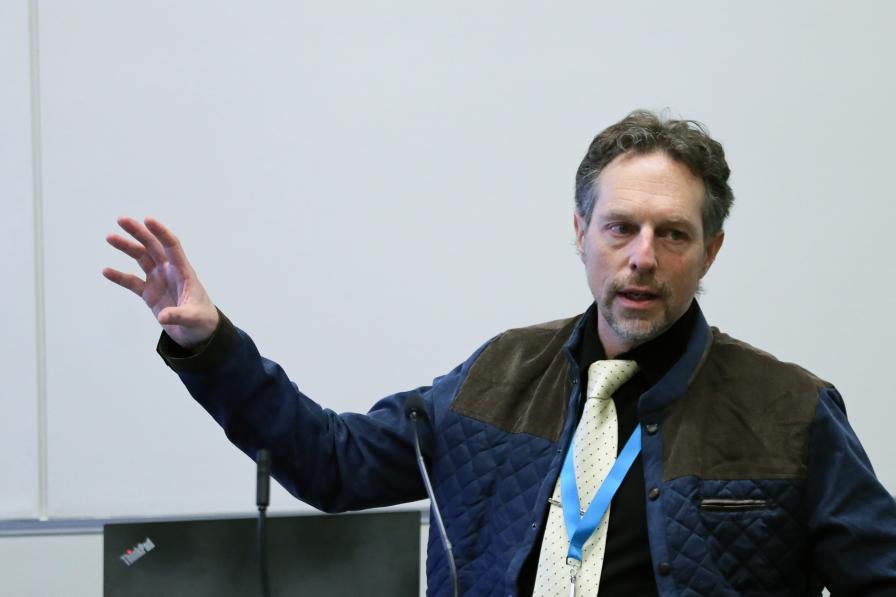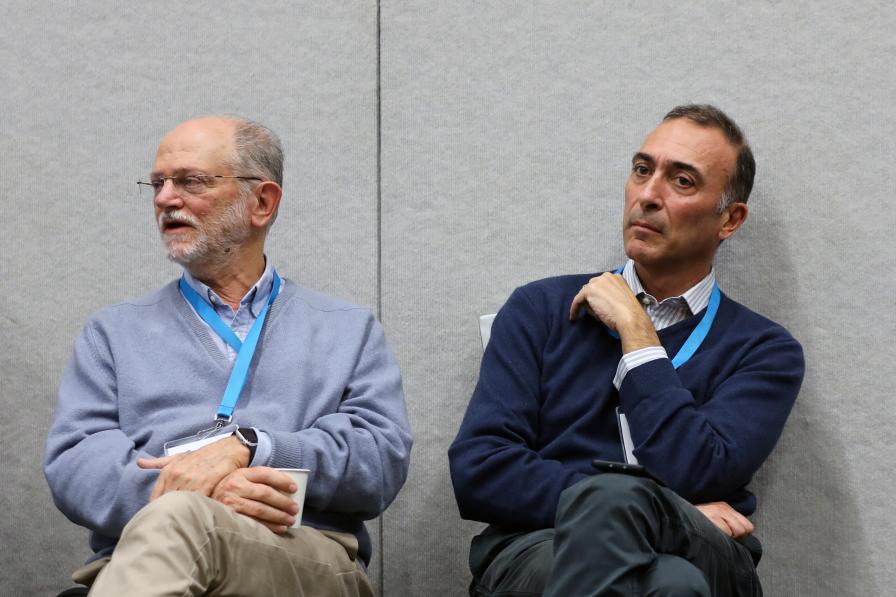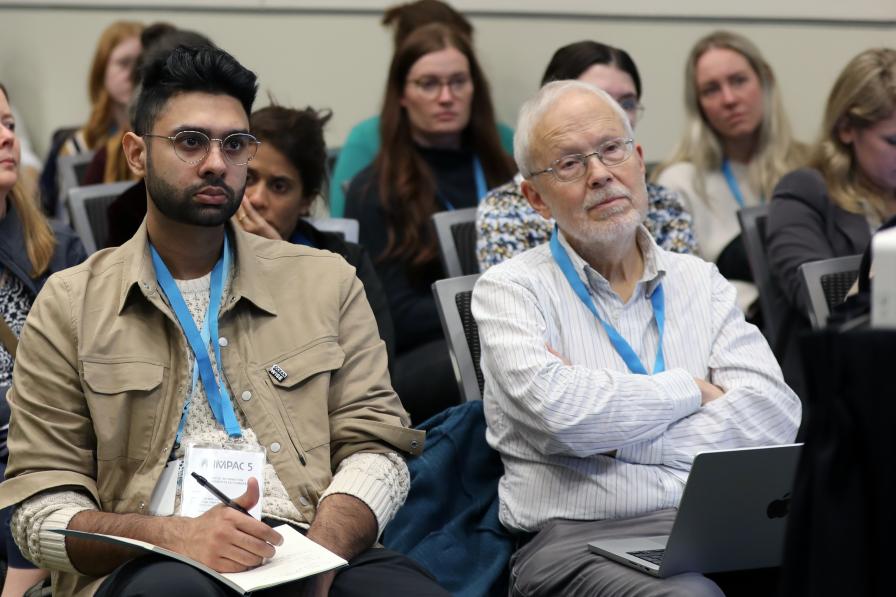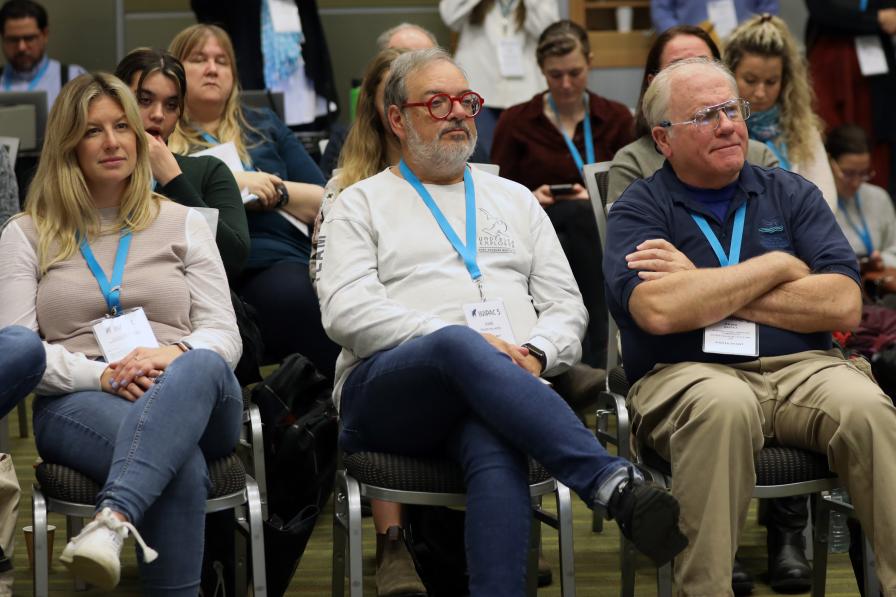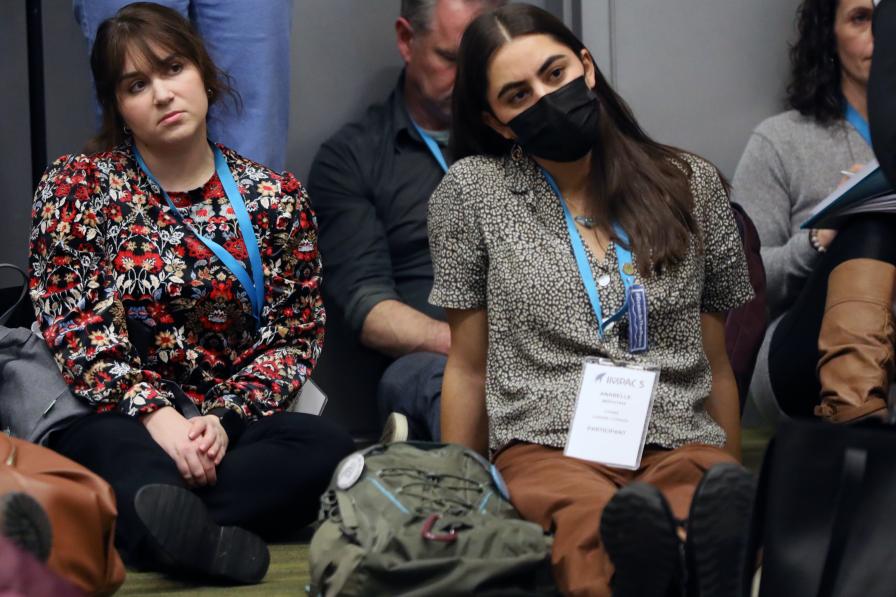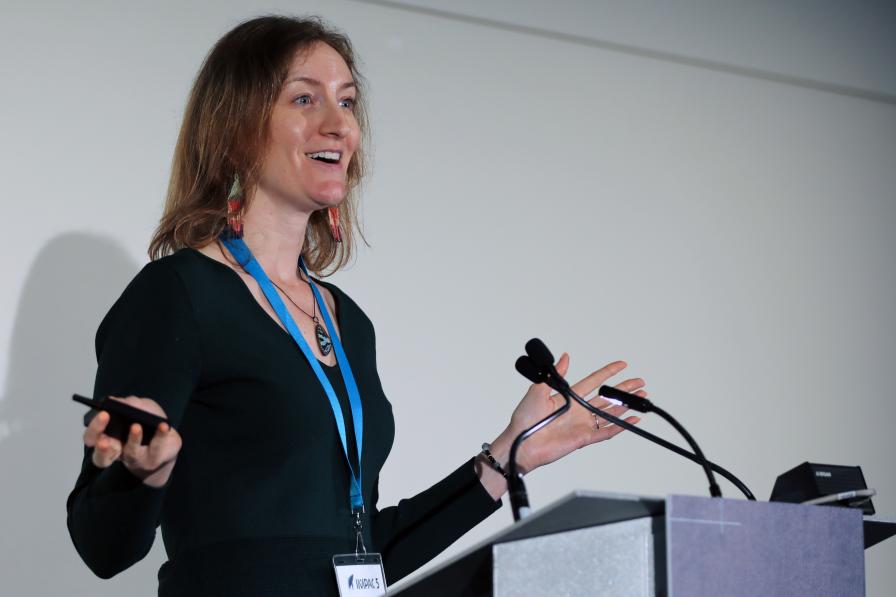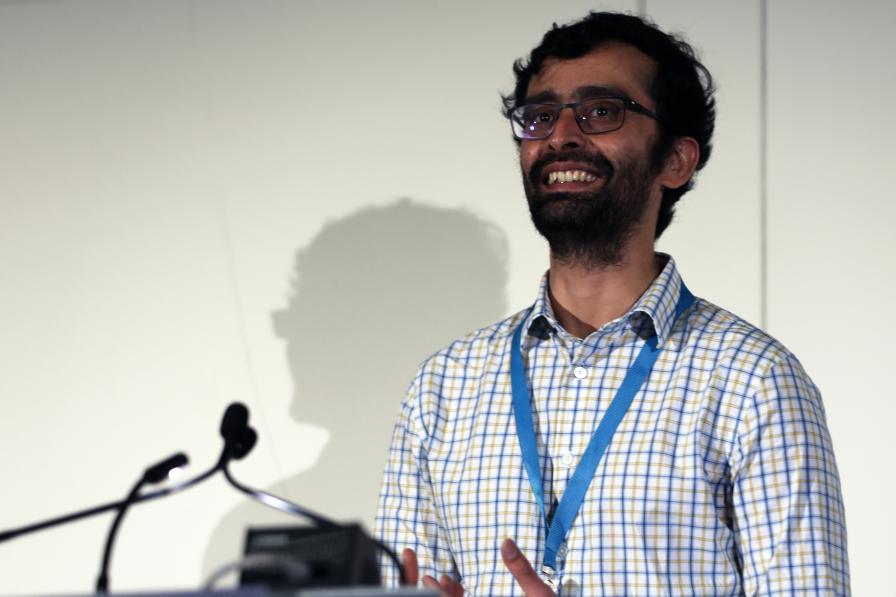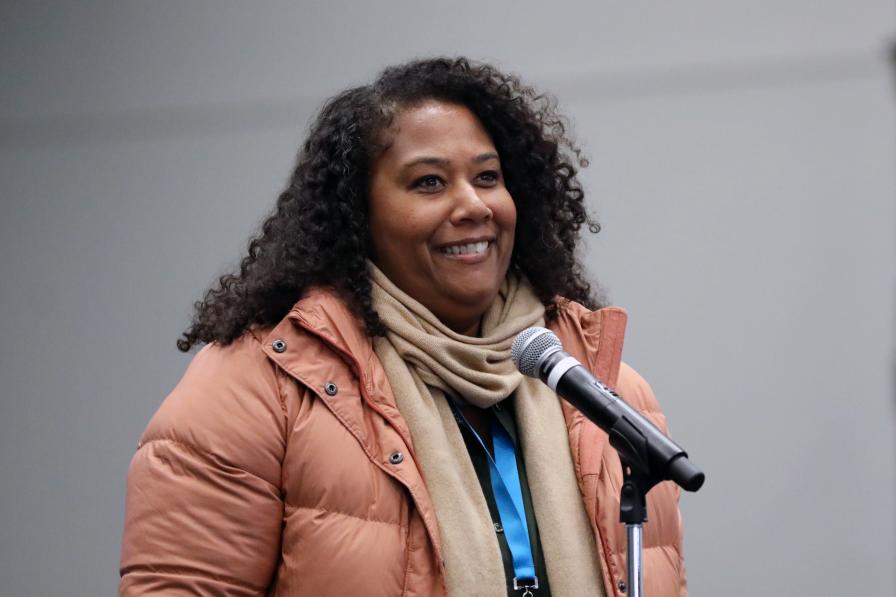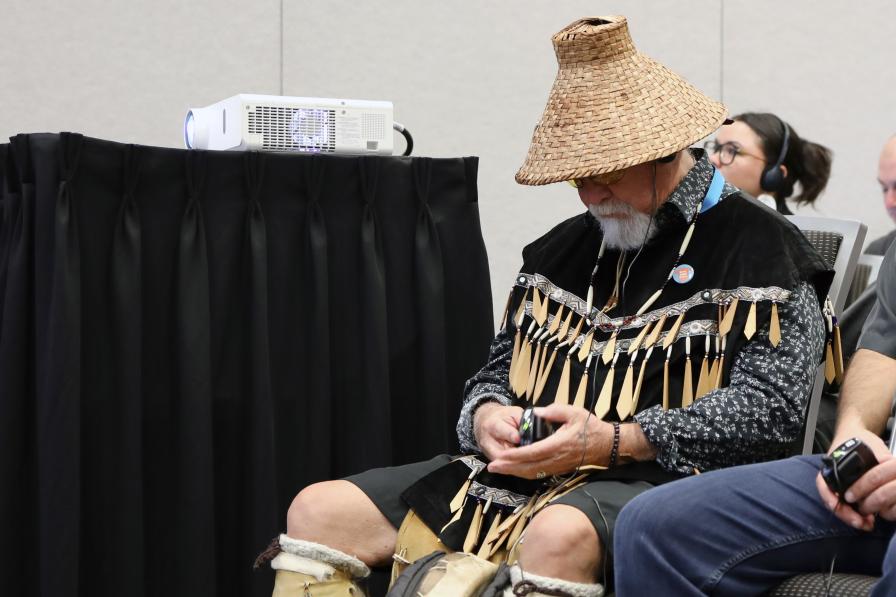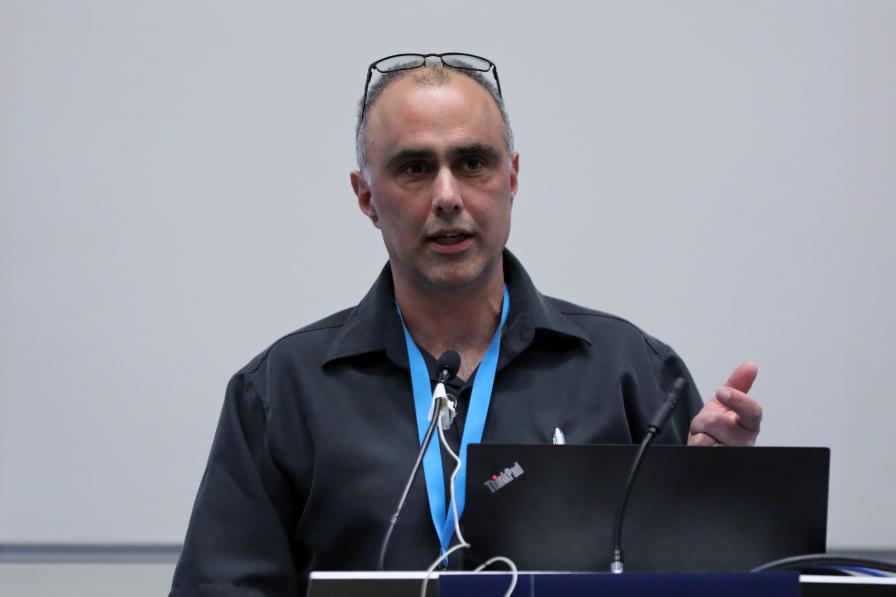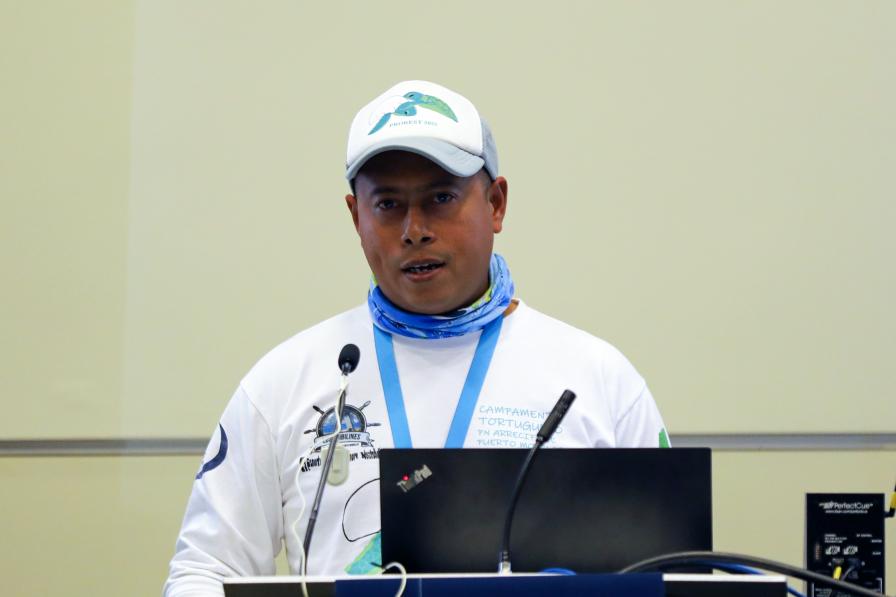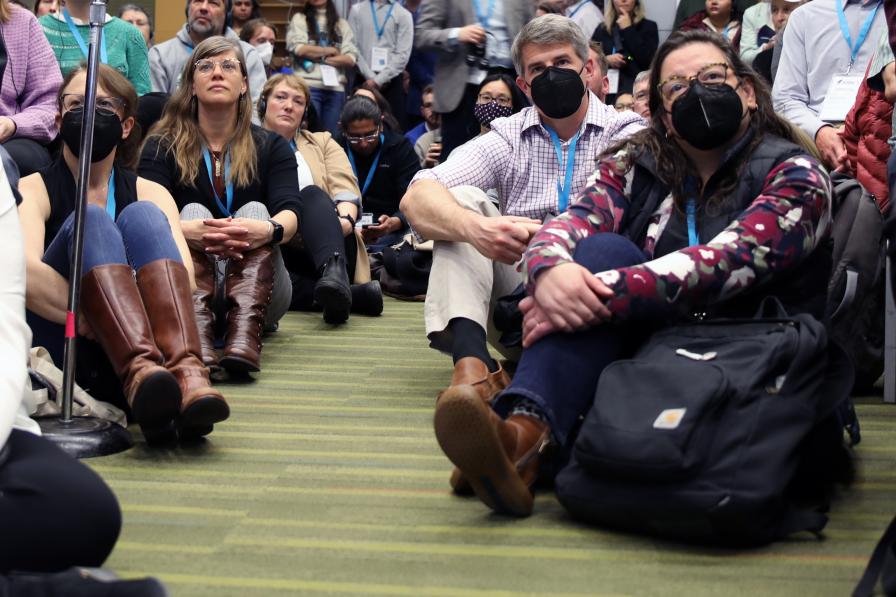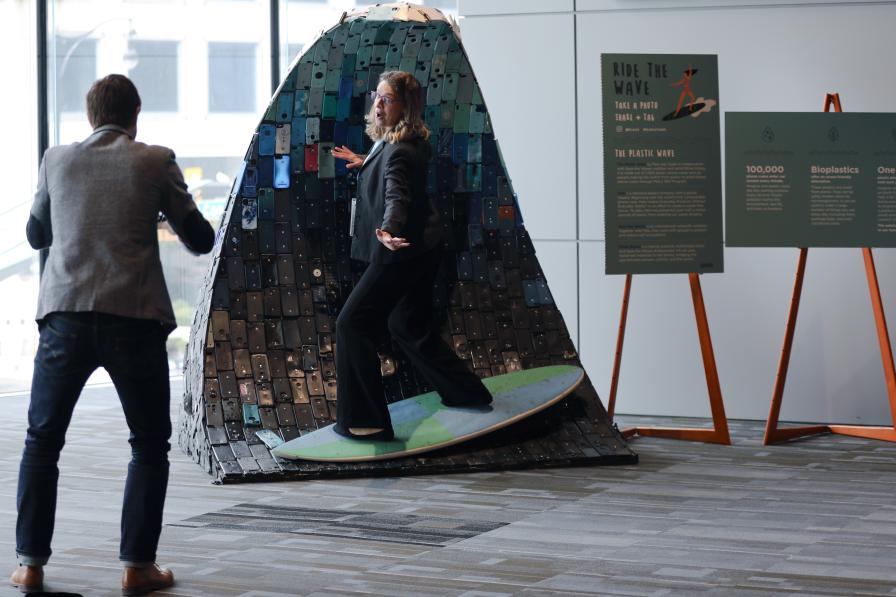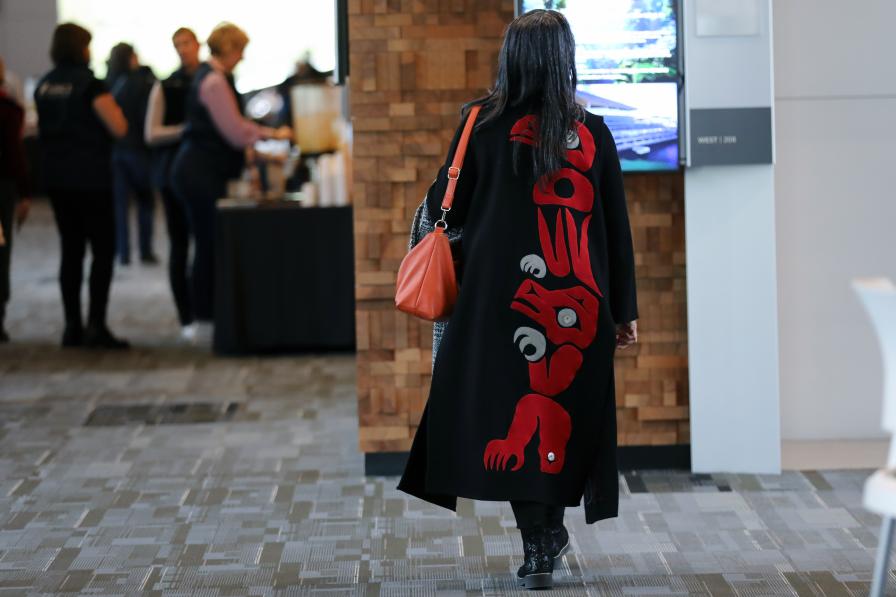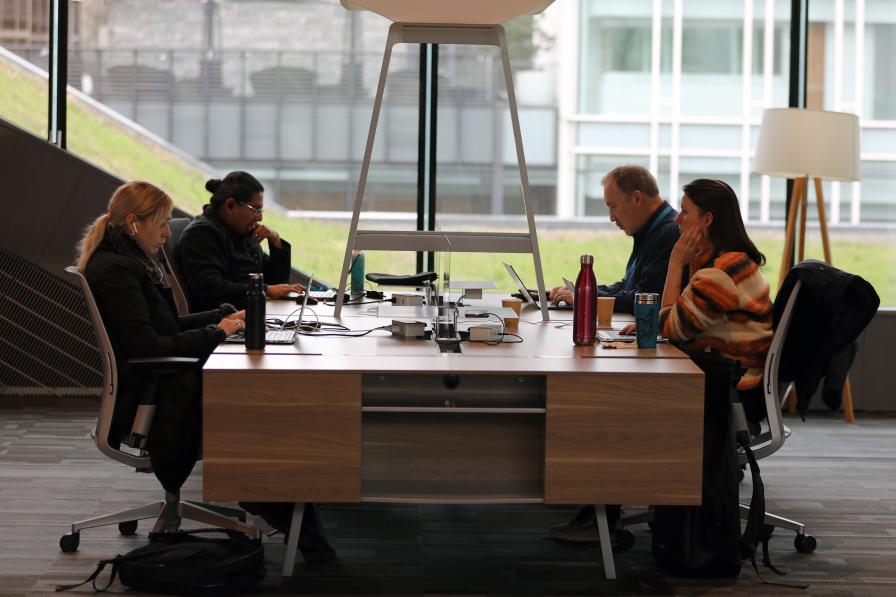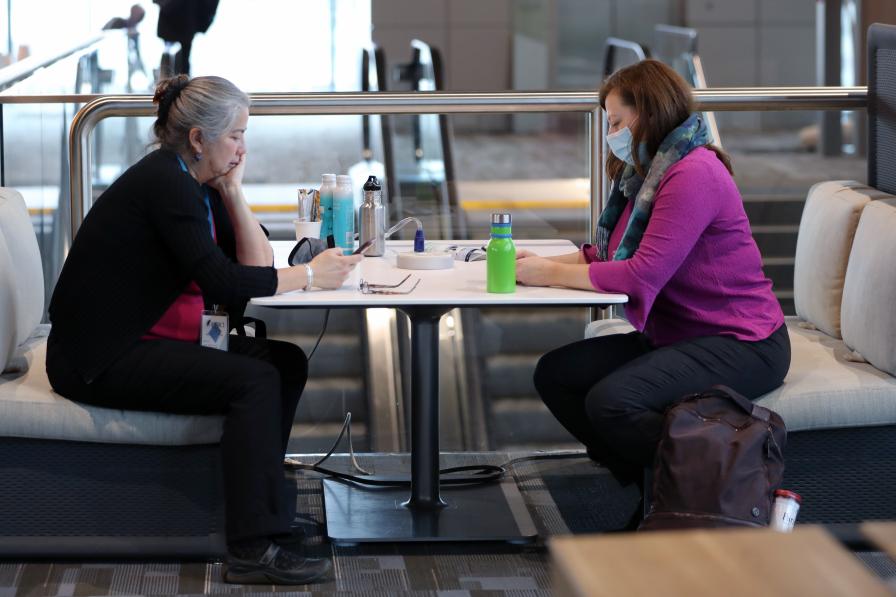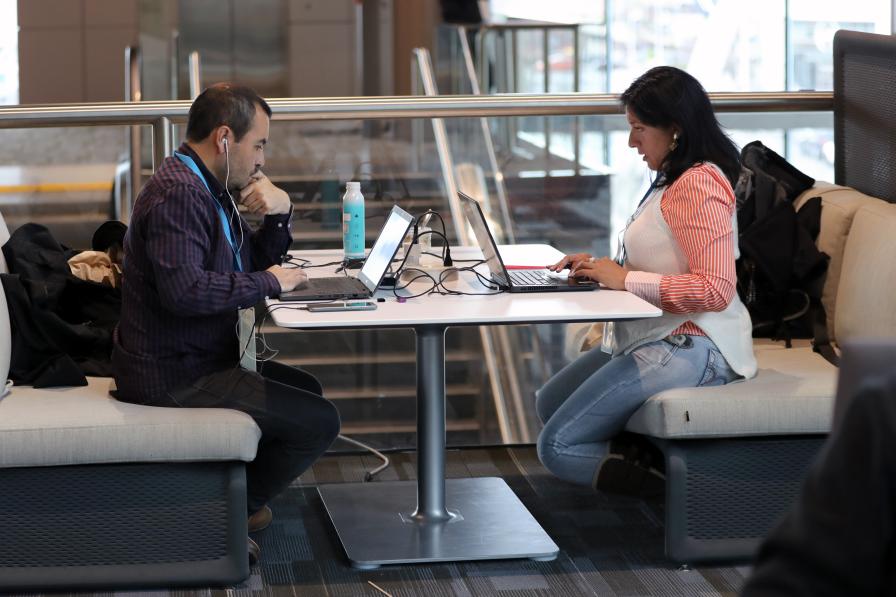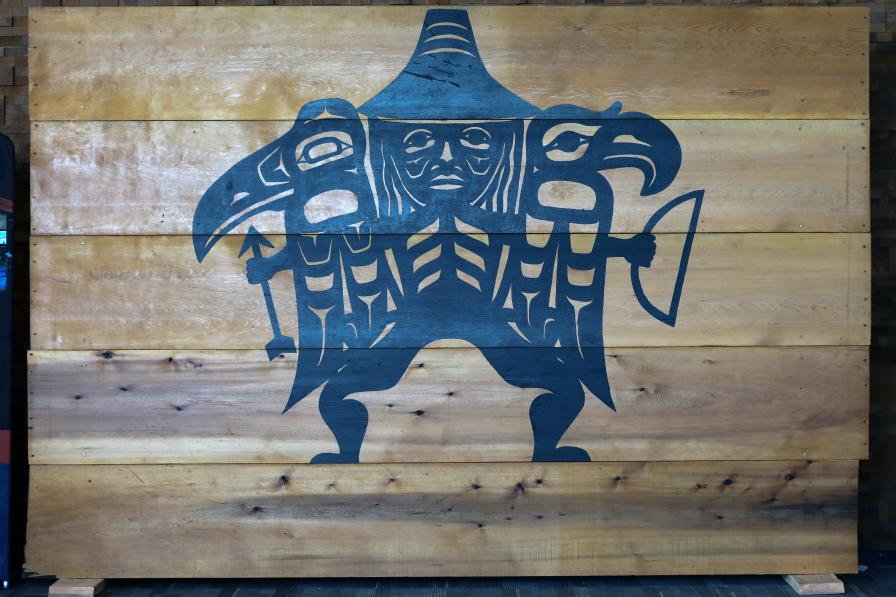Two significant announcements were made on Sunday during IMPAC5: 15 First Nations, the Government of Canada, and the Government of British Columbia announced the endorsement of the Marine Protected Area Network Action Plan for the Northern Shelf Bioregion. Chief John Powell (Winidi) of the Mamalilikulla First Nation, Joyce Murray, Minister of Fisheries, Oceans and the Canadian Coast Guard, and Nathan Cullen, B.C. Minister of Water, Land, and Resource Stewardship, also announced fisheries closures through the establishment of a marine refuge to help protect the ecologically and culturally significant area of Gwaxdlala/Nalaxdlala in Knight Inlet on the coast of British Columbia.
Want to dive deeper? Read the full Earth Negotiations Bulletin daily report.
During the morning’s opening session, Daniel Pauly, Sea Around Us, highlighted that if high seas MPAs are not rolled out, the 30 by 30 target will be very difficult to achieve. He warned against reaching the target on paper only by governments claiming to protect the Ocean but not actually doing it.
Q̓án̓ístisḷa Michael Vegh, Heiltsuk Nation, spoke about his personal journey to understand the value of Indigenous Peoples’ contribution to nature conservation, mentioning examples of stewardship practices that do not sacrifice future generations with gains from today. He called out discriminatory regulations against his ancestors that are still in place, and advocated for a journey of reconciliation between Indigenous Nations and governments, focusing on: infrastructure and housing; employment; education; health; environment; self-government; and fisheries.
Sylvia Earle, National Geographic Explorer, called on people to consider carefully the interconnectivity of our planet, stressing that life itself is on the line and Earth is reaching tipping points, and underlining the need for turning points instead. Throughout her speech, she shared photos and stories of the Ocean, inviting the audience to reflect on their relationship with the Ocean and the planet’s life support system, and to rethink utilitarian and over consumptive philosophies. She warned against the cost of taking life that cannot easily be replenished, especially when it is not known what is being taken along with it, calling attention to the risks of deep-sea mining. She also called for new approaches to regulation, stating that although she’s concerned about illegal, unreported, and unregulated fishing, it is the legal extraction that worries her the most.
Through panels and presentations, parallel sessions discussed the following, among many other topics:
- Managing Human Impacts in MPAs;
- Mangroves and MPAs;
- Engaging MPAs to Protect Whales for Biodiversity Conservation and Climate Change Solutions;
- Community-Based Governance and Conservation of Coral Reefs; and
- Indigenous Approaches to Marine and Coastal Conservation.
All ENB photos are free to use with attribution. For IMPAC5, please use: Photo by IISD/ENB | Anastasia Rodopoulou.
To receive free coverage of global environmental events delivered to your inbox, subscribe to the ENB Update newsletter.
Engaging Marine Protected Areas to protect Whales
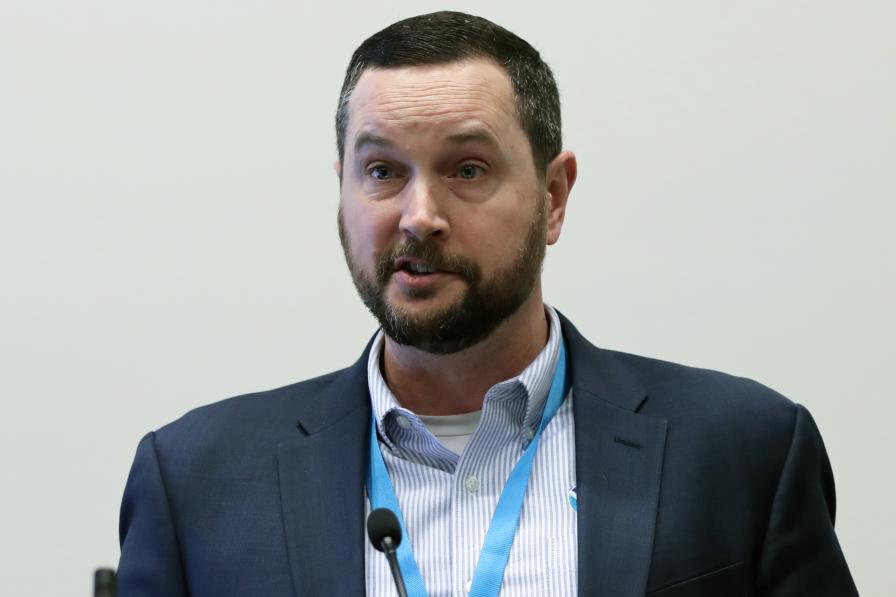
John Armor, Office of National Marine Sanctuaries, National Oceanic and Atmospheric Administration, US
